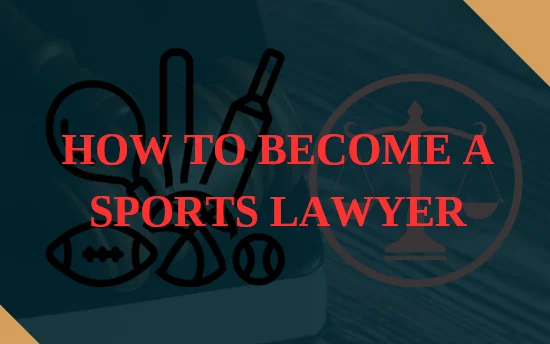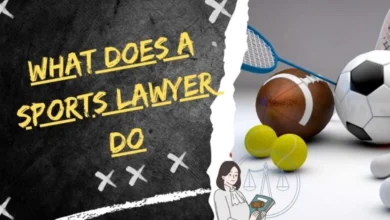How to Become a Sports Lawyer

Becoming a sports lawyer is an exciting and fulfilling career; however, it takes hard work and dedication. The first step to becoming a sports lawyer involves earning an undergraduate degree – it can be in any subject area – in which you are passionate. Doing this will enable you to obtain higher marks when applying to law schools with sports-oriented professors or alumni attorneys on staff. Furthermore, many law schools host sports clubs or competitions to provide you with experience within this sector of legal world.
As part of law school, it’s beneficial to join either your bar association’s sports law committee or, if available, join the Sports Lawyers Association. Both can help keep you connected to people working in sports-related industries and can make finding employment after graduation easier.
Intern or work part-time as an intern for a sports attorney while you’re still in school; this will give you an excellent insight into their profession, while giving a strong reference. Search online to locate local sports attorneys, contact them directly to see if there are internship or part-time job openings or ask one to become your mentor in this industry.
As sports agency is an area of contracts law, taking as many contracts courses as possible during law school may help prepare you to deal with its complexities, including negotiations and contract formation. Furthermore, you could focus your job search on firms like Lewis Silkin that specialize in handling sports law cases.
As soon as you graduate from law school, it’s time to sit for the bar exam. Since this can be a rigorous test, planning ahead and allocating sufficient study time are key components to success. Be sure to attend all law school classes while keeping up with readings even if they do not seem directly applicable to becoming a sports attorney.
Prior to beginning practice, it’s essential that you cultivate genuine relationships with athletes and team owners in order to establish trustworthiness as soon as possible. When practicing ethics-driven law in sports law, always meet clients needs ethically; this will enable you to maintain steady business in this niche field of law. Furthermore, patience is a must as building your sports law career takes time, dedication, hard work, but is well worth your efforts in the end; just keep this in mind: Building your career takes much like training for sports; it takes hard work but pays off when complete! Invest in building genuine relationships early with athletes/team owners as it establishes trust quickly – this will allow your practice ethics-compliant legal advice can only come after many years of hard work done in this industry!



